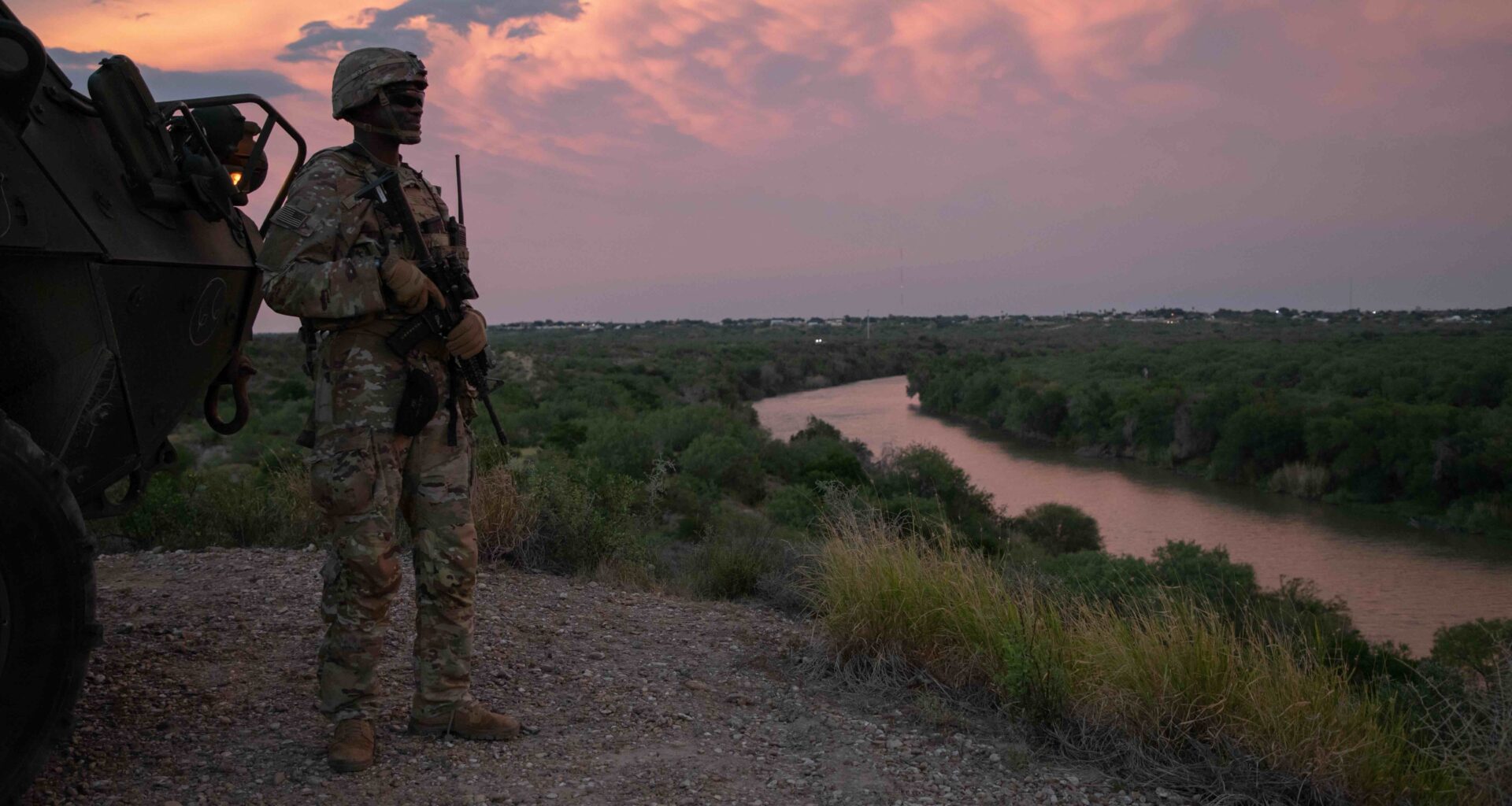President Donald Trump has reportedly signed a classified directive authorizing the Pentagon to use U.S. military force against Latin American drug cartels his administration has designated as foreign terrorist organizations, according to an exclusive report by the New York Times.
The NYT reported that the order, signed without public announcement, marks the most aggressive step yet in the administration’s campaign against international narcotics networks. The directive allegedly creates an official legal basis for potential U.S. military operations at sea and abroad targeting the cartels, expanding a mission historically handled by law enforcement.
Responding to questions about the directive, White House spokeswoman Anna Kelly did not address the specifics of the order but said the president’s “top priority is protecting the homeland.” She said Trump took a “bold step” earlier in his term by designating several cartels and gangs as foreign terrorist organizations, a move the administration argues provides additional tools to disrupt their operations. The Pentagon has not commented publicly on the directive.
Military officials, speaking to NYT on condition of anonymity, said they are developing operational options for targeting the cartels, though no specific missions have been publicly outlined.
The administration’s designation of cartels as terrorist organizations began with a January executive order, naming groups such as Venezuela’s Cartel de los Soles, the Tren de Aragua, and MS-13. Two weeks ago, the State Department added the Cartel de los Soles to its list of global terrorist entities, alleging it is led by Venezuelan President Nicolás Maduro and other senior officials.
On Thursday, Attorney General Pam Bondi announced that the U.S. had doubled the reward for information leading to Maduro’s arrest to $50 million. “He will not escape justice and he will be held accountable for his despicable crimes,” Bondi said.
Trump has previously signaled a willingness to deploy U.S. forces against cartels beyond U.S. borders. In May, he said he offered to send troops into Mexico to combat cartel networks, an offer rejected by Mexican President Claudia Sheinbaum. Sheinbaum confirmed the exchange to reporters, stating, “The territory cannot be violated. Sovereignty cannot be sold… We can collaborate, but you in your territory and us in ours.” While Mexico has allowed certain U.S. assistance, including drone flights to locate fentanyl laboratories, Sheinbaum has opposed any American military presence on Mexican soil.
Historically, U.S. anti-drug efforts in Latin America have combined law enforcement support with limited military involvement. In 1989, U.S. troops deployed to Panama during the arrest of Gen. Manuel Noriega, drawing international criticism. In the 1990s, American aid to Colombia and Peru included intelligence sharing and air support, though direct strikes were scaled back over legal concerns. The Posse Comitatus Act of 1878 bars the U.S. military from performing domestic policing functions, but overseas military action against nonstate actors designated as terrorist organizations exists in a more legal gray zone.
Legal scholars have pointed out that the new policy would require careful justification to avoid breaching U.S. law and international agreements. Any use of force in sovereign nations without consent could draw diplomatic protests and challenge long-standing norms in counter-narcotics operations.
Nonetheless, the administration has signaled that it sees the designation of cartels as terrorist organizations as granting broader latitude for military engagement, including potential capture or targeted killing of cartel leaders abroad.
It remains unclear which specific groups will be targeted first, how the Pentagon will execute operations, or whether allies in the region will consent to such missions. For now, the directive has shifted the U.S. posture from one of support and interdiction to one that formally contemplates direct military strikes against non-state actors involved in drug trafficking.
